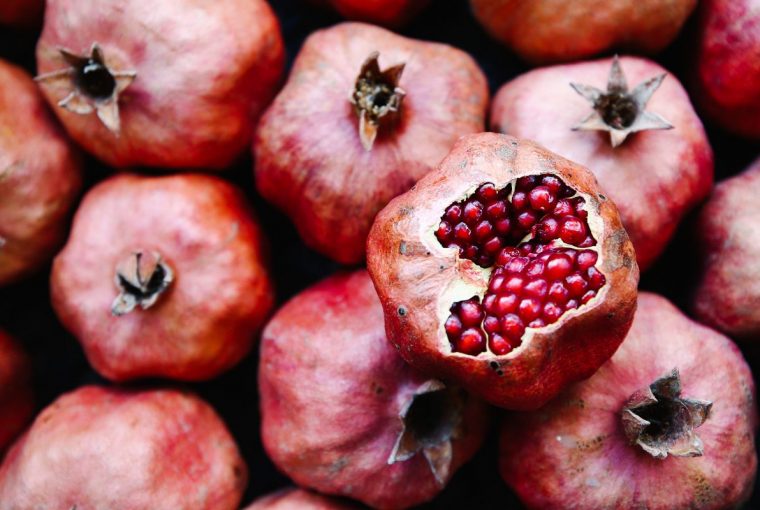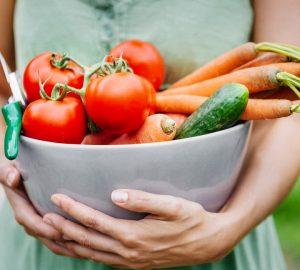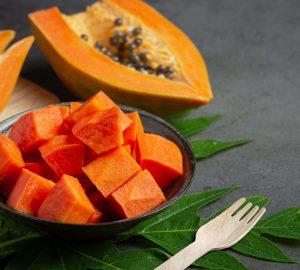If your training has changed or decreased, your nutrition needs to change too. During the off season, our training focus might be on strength or power and we need to shift our nutrition accordingly.
1) Protein remains your focus. Continue to consume 1.1-1.6 grams of protein per kilogram of body weight per day (unless you have a medical reason not to). For a 60kg athlete, this translates to 66-96g of protein daily. Not sure what that looks like in terms of real food? Check out a nutrient tracker app that can help you monitor your intake. You don’t have to track your food forever, just for a couple days to make sure you’re getting enough.
2) Watch the sweets, treats and booze. During the season, it’s unlikely that you’ve been consuming more calories than you’ve been burning. When your training and racing volume decreases, it can be easy to continue eating as though you’ve been out for 4 hours of riding on the weekend. This can catch up with you if you’re training less and eating the same amount of food as you were during higher volumes of training. While it’s normal and often can be healthy to gain some weight during the off season, it’s important to focus on nutrient rich foods like vegetables, lean proteins and healthy fats to maintain your physique.
3) Ditch the sports drinks. While nutrition during workouts over 90 minutes remains important, you likely don’t need any additional nutrient support for efforts under 90 minutes. Your body stores ample fuel for workouts that are less than an hour and a half. When we train or race for more than 90 minutes, we deplete some of our stored nutrition and consuming sports drinks or gels is beneficial. Most off-season workouts are shorter in duration (although, kudos to you if you’re doing 4 hours on your trainer indoors!) and so we don’t need nutrition during the workout.
4) Fuel up post workout. It’s normal for your appetite to be low after training, but aim to get 20-30g of protein in post-workout. If you’re strength training, you might find that later in the day you’re feeling ravenous even though right after your workout you didn’t feel super hungry. Getting that extra dose of protein in post workout helps to fuel your muscles and curb your appetite later in the day. Since you’re still training, but you’re training slightly less or in a different way, protein post workout can prevent overeating later on while fueling your muscles for recovery. At any point in an athlete’s training, the nutritional focus should be on healthy proteins, vegetables and fats. Changing the total amount of food and manipulating calories that are taken in during training are the biggest considerations for off-season training.
At any point in an athlete’s training, the nutritional focus should be on healthy proteins, vegetables and fats. Changing the total amount of food and manipulating calories that are taken in during training are the biggest considerations for off-season training.
If your training INCREASES in the off season, your nutritional requirements will shift as well. Continue to focus on your priority nutrients, proteins, fibre and healthy fats, but you may need to add calories during training for longer workouts.
You only need to add calories for workouts that are over 1.5 hours in duration. The amount of calories you need to add will depend on the intensity and duration of the workout. If you’re going to be on your trainer indoors for 2-3 hours riding, then you can consume anywhere from 1-300 calories per hour depending on your body size and intensity of the activity.
If your training is increasing you’ll likely also feel more hungry during the day outside of your workouts. It’s very common for your appetite to decrease right after exercise, then increase later in the day or the next day. This can be a bit of a trap if you’re trying to achieve a fat loss goal. As endurance athletes, it’s important to fuel up post-workout with protein to prevent a crazy high appetite later on. If you’re fueling with protein and you still feel your appetite is out of control, the next best step is to make sure you’re actually getting enough calories throughout the day. Using a tracking app for a couple days can help you make sure you’re getting enough.
Whether your training is increasing or decreasing for the off season, optimal nutrition is important for your continued success as an athlete. Ensuring you get enough protein and total calories will help prevent fatigue, injury and keep you functioning at your best in day-to-day life.
Dr. Bri Botsford, ND




